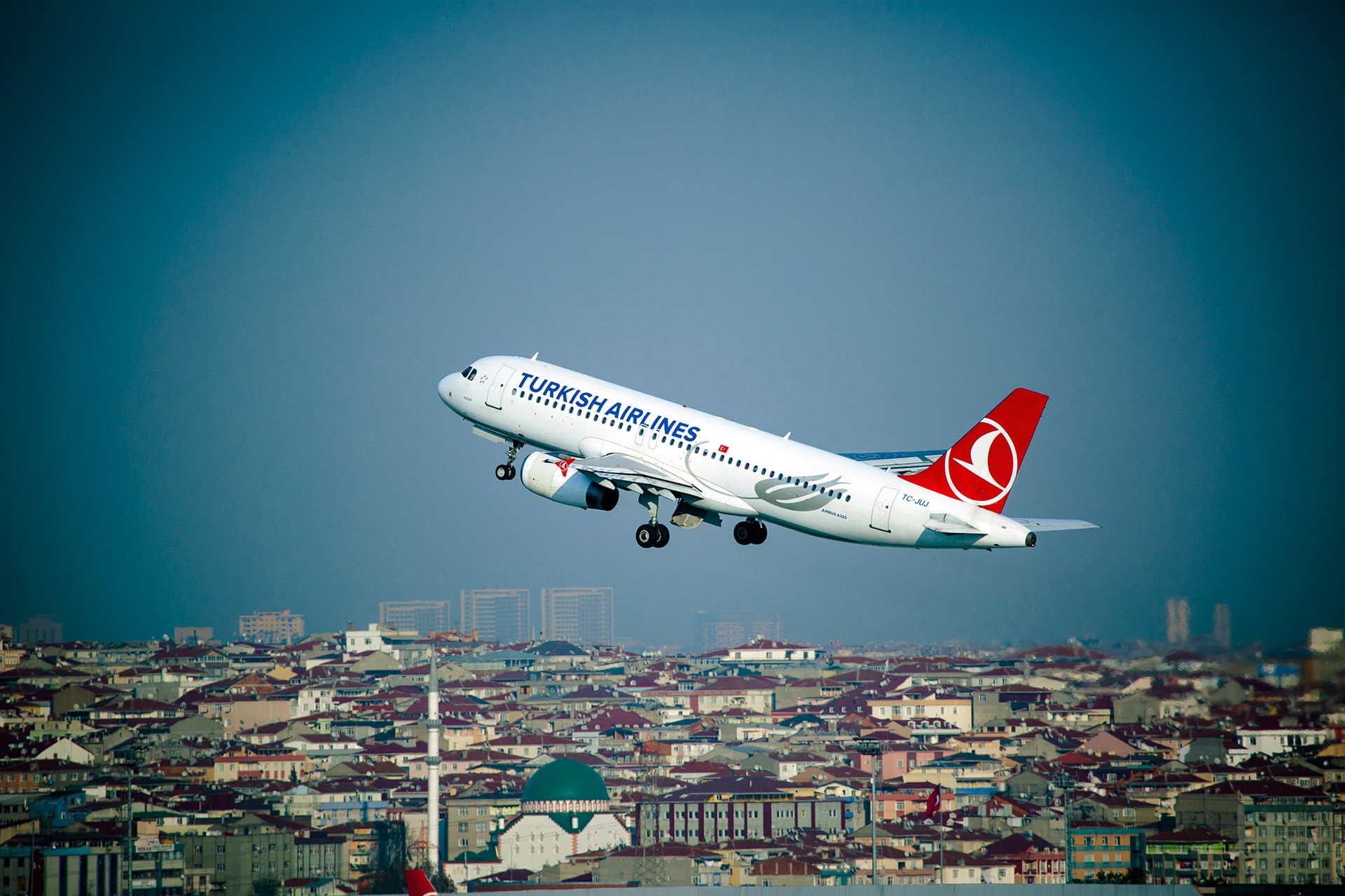
In a recent statement, Turkish Airlines announced it has maintained uninterrupted growth in the third quarter of the year, achieving a passenger count of 24.5 million.
This growth is attributed to the airline's agility and extensive flight network, despite ongoing geopolitical tensions, aircraft production bottlenecks and engine issues.
During the July-September period, Turkish Airlines’ total revenue rose by 4.9% year-on-year, reaching $6.6 billion, despite a strong comparison base from the same period last year. Passenger revenues, which account for 84% of total revenue, totaled $5.6 billion, significantly bolstered by strong contributions from the Far East region. Cargo revenues also surged by 47% compared to the same period last year, reaching $911 million.
In the third quarter, Turkish Cargo increased its cargo volume by 16.8%, solidifying its position as the world's third-largest air cargo carrier, with a 5.7% market share, according to September data from the International Air Transport Association (IATA).
Approximately $4.9 billion of the total passenger and cargo revenue in the third quarter was recorded as export income, bringing Turkish Airlines’ total export contribution to Türkiye to $12.9 billion over the past nine months. The airline’s total assets have increased 18-fold since 2002 and now stand at around $40 billion, making it a significant asset for the Turkish economy.
The operating profit for the third quarter was recorded at $1.3 billion, affected by competitive pressures on passenger unit revenues, engine issues, and the negative impacts of global inflation on costs.
The company’s EBITDA (earnings before interest, taxes, depreciation, and amortization) for the same period was $2.3 billion, with an EBITDA margin of 35.2%, exceeding both its historical average and that of its peers.
Turkish Airlines’ effective and dynamic portfolio management has played a crucial role in enhancing its financial performance and supporting its net profit.

As part of its 100th Anniversary Strategy, the airline aims to operate a fleet of over 800 aircraft by 2033. Despite challenges in aircraft production, Turkish Airlines expanded its fleet by 9% year-on-year during the first nine months of the year, increasing the total number of aircraft to 467.
In its fleet expansion efforts, Turkish Airlines has implemented a diversification strategy in aircraft financing to minimize costs and currency risks. In the third quarter, it became the first airline to secure financing in Chinese Yuan for three Airbus A350 aircraft, outside of mainland China.
Additionally, Turkish Airlines utilized sustainability-linked loans for the first time to finance two fuel-efficient A321-Neo aircraft, reinforcing its commitment to sustainable finance.
Recognized for its achievements across the aviation industry, Turkish Airlines has also received attention for its pioneering financing transactions, garnering three separate financing awards from Airline Economics.